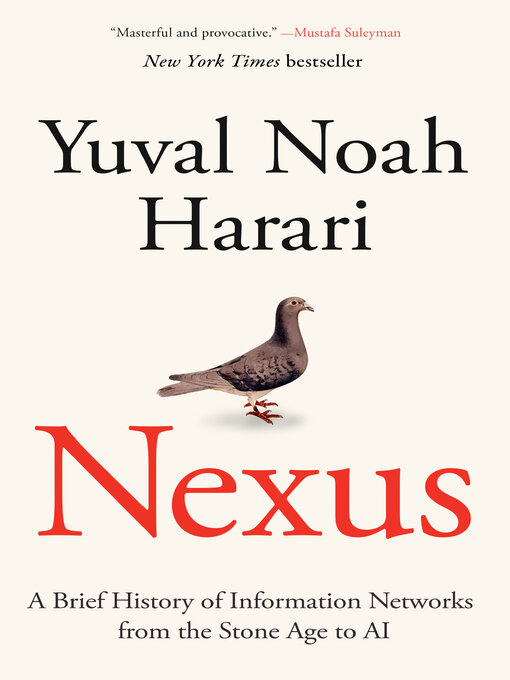- All ebooks
- PrepaTEC Literatura
- Pasión por la lectura
- Día de los muertos en México
- Harry Potter
- Escuela de Ingeniería – Literatura seleccionada
- LiFE - Literatura seleccionada
- Escuela de Medicina - Literatura seleccionada
- Florecimiento Humano - Literatura seleccionada
- Gabriel García Márquez
- Premio Nobel de Literatura - 2024 (Han Kang)
- See all
- All audiobooks
- PrepaTEC Literatura
- Pasión por la lectura
- Gabriel García Márquez
- Premio Nobel de Literatura - 2024 (Han Kang)
- See all


